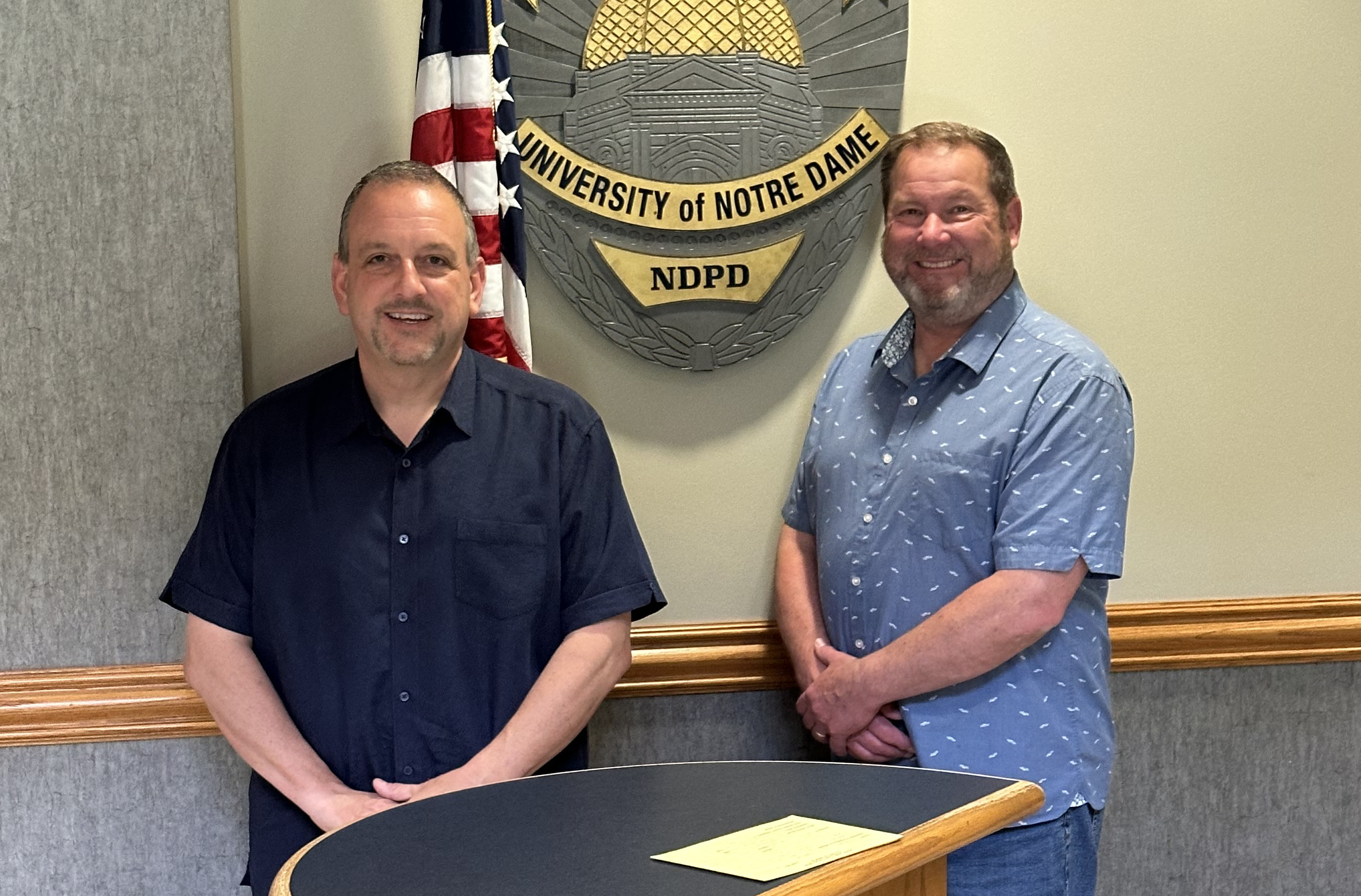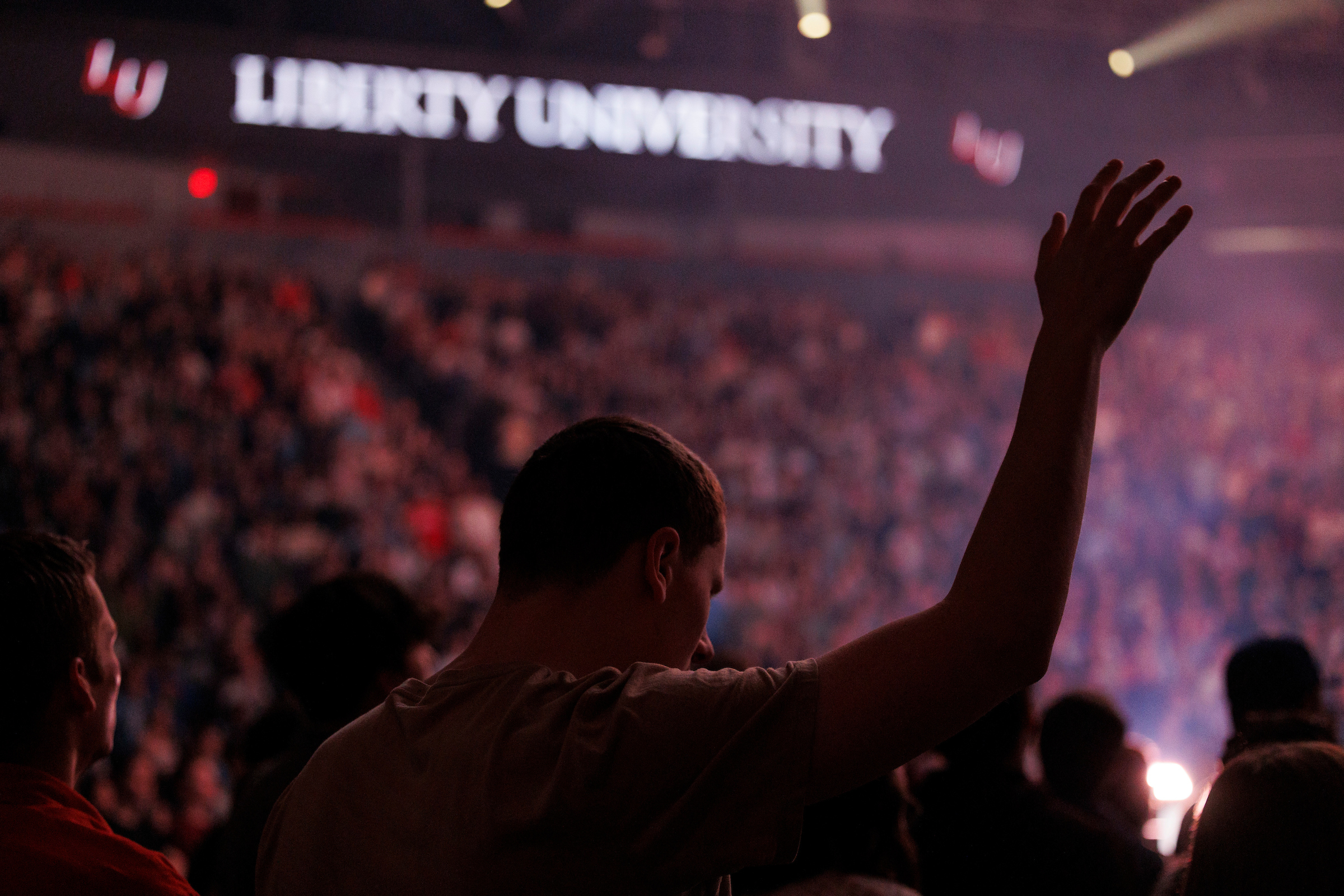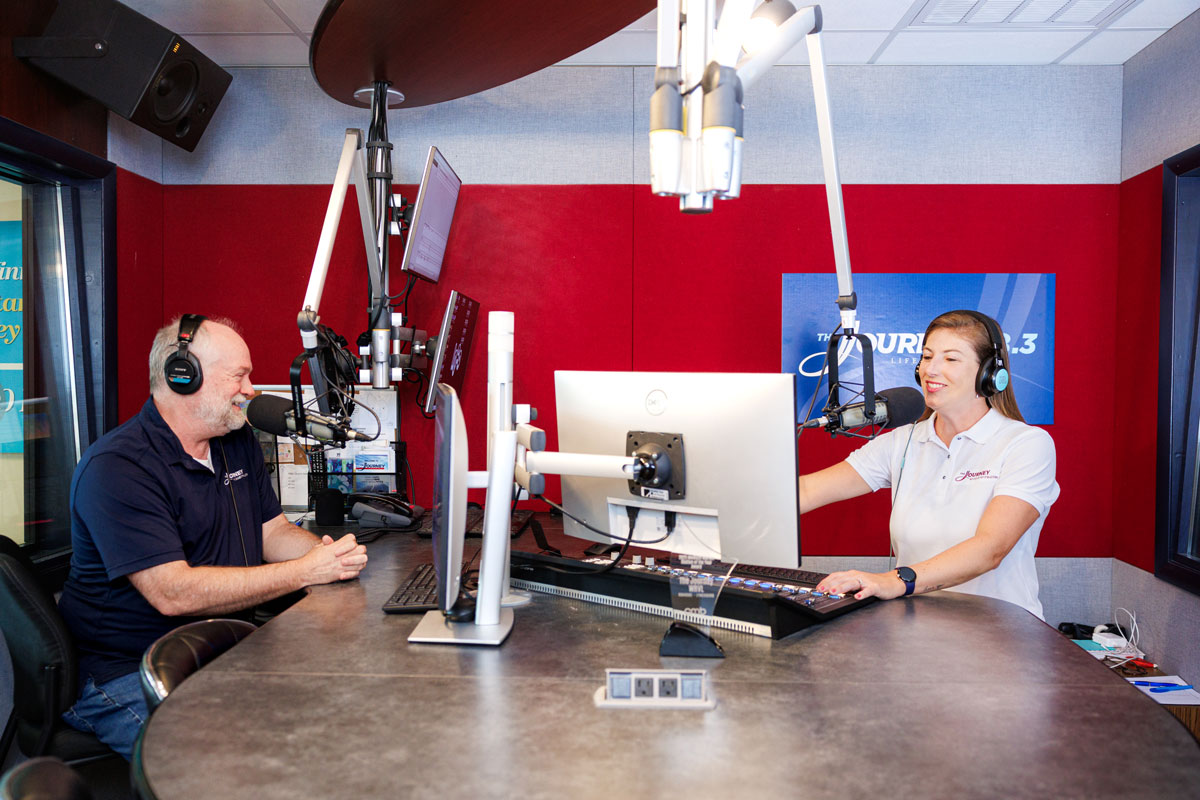Search News Archives
Filter News Articles
Additional Navigation
School of Nursing Simulation Center earns special accreditation
July 2, 2018 : By Office of Communications & Public Engagement
 The Liberty University School of Nursing Simulation Center became the third facility of its kind in the Commonwealth to become accredited by the Society for Simulation in Healthcare (SSH).
The Liberty University School of Nursing Simulation Center became the third facility of its kind in the Commonwealth to become accredited by the Society for Simulation in Healthcare (SSH).
In order to receive the accreditation, the simulation center had to meet all the core standards set by SSH (which follows the guidelines established by the International Nursing Association for Clinical Simulation and Learning). The accreditation is valid for five years before it is up for renewal.
Liberty’s 14,000-square-foot facility is located in DeMoss Hall and offers cutting-edge resources for residential and online nursing students ranging from the undergraduate to the doctoral level.
More than 32,000 hours are completed by the students in the center each year. The simulation center also has open hours available for students outside of their required hours.
“We put our students in situations that match real-life hospital situations as much as possible,” said Shanna Akers, dean of the School of Nursing. “They have the chance to interact with one another and also reflect on what they’ve learned, in a safe environment.”
Executive Director of Clinical Affairs and Associate Professor Dr. Kathryn Miller said the simulation center allows instructors to bridge from classroom learning to a professional setting.
“It is all about student-centered, experiential learning,” Miller said. “They can read a textbook or online modules, but before they actually go into the hospital, they want to feel confident and competent. As instructors, we want that for them and for the safety of our patients. We want our students to be competent and compassionate. It can be very difficult for a student to focus on the patient when they are worried about all the things they see around them, like the pumps and equipment. Data shows that time spent learning in the simulation center increases student confidence and acquisition of skill.”
Students work with both live patients and “high-fidelity” manikins, which are programmed with computer hardware technology to provide for a realistic full-body patient presentation. The manikins can be used in a variety of high-stakes learning scenarios, such as a mock code, birth, postpartum, hemorrhage, or mass-casualty incident.
Miller said the center offers students the opportunity to become familiar with the equipment used by local and distant hospital systems where nursing students complete clinical hours. Equipment for two simulated patient rooms was recently donated by Carilion Clinic in Roanoke, Va.
The simulation center isn’t just for nursing students. Student-doctors from Liberty University College of Osteopathic Medicine (LUCOM) as well as students in the Master of Public Health program work with nursing students in the center. According to Akers, this gives students going into several areas of the health care profession the chance to collaborate together.
Students taking online nursing courses can also participate. Through telehealth (using telecommunications technologies to deliver virtual medical, health, and education services), a student can dial in remotely and use a robot to participate in scenarios.
The School of Nursing has donated some of its own equipment to nursing schools across the globe to increase the use of simulation in education. CPR equipment was donated to Zambia, while a pediatric manikin and birthing simulator were donated to a school in Togo.
“As we learn and we see the change that simulation learning can create in the student experience, we can pay it forward to those on the mission field,” Miller said.


